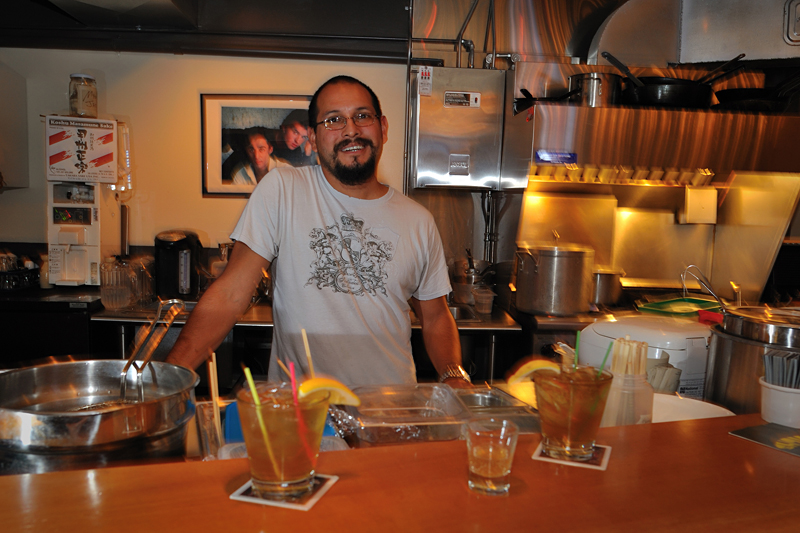In his ongoing mission to kill the waterfront tunnel, Mayor Mike McGinn is still pointing out to anyone who will listen that the city is being saddled with potentially huge cost overruns. But with City Council President Richard Conlin saying that he and the council are approving the damn thing come hell or high water, McGinn is hunting for other allies to bolster his “no tunnel” stance. Meeting with reporters last week, he tried a new tactic.
“I don’t know that the community or the city has taken a close look at the impacts of the south portal to the tunnel on Pioneer Square; that’s going to be another significant impact there,” McGinn warned. He’s referring to the expectation that, once the tunnel is built, a lot of downtown-bound traffic coming from the south will be channeled through Pioneer Square because—unlike the Viaduct—the tunnel will not have a downtown exit.
But as alliances go, Pioneer Square might not be his best bet.
The state actually has been paying close attention to the neighborhood—launching a website devoted to the subject of the impact of the tunnel on the Square and agreeing to move the tunnel entrance from First Avenue South to Alaskan Way at the request of neighbors last December.
Even Lisa Quinn, executive director of pro-pedestrian group Feet First, no tunnel fan herself, gives the state credit for keeping stakeholders involved. Quinn, whose office is in the Square, is a member of the state’s South Portal Work Group, a collection of residents and business owners in the Square, West Seattle, and along the Duwamish. “We provide them feedback and suggestions,” she says.
It’s not that Quinn doesn’t have concerns. She says an onslaught of cars trying to get downtown through the Square will make it more dangerous for people who aren’t in vehicles. “[The state is] not looking at bikes and walking, and how do they maintain and enhance that,” she says.
But even so, Quinn isn’t actively fighting WSDOT on digging the tunnel in the first place. “I think we’ve all decided, if we’re going to be moving forward with the tunnel, let’s be realistic about what that means for the city,” she says. “Be thoughtful on the process.”
Which is probably not the kind of rhetoric that’s going to shut down the big dig before it starts.






